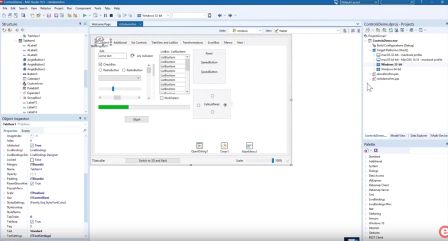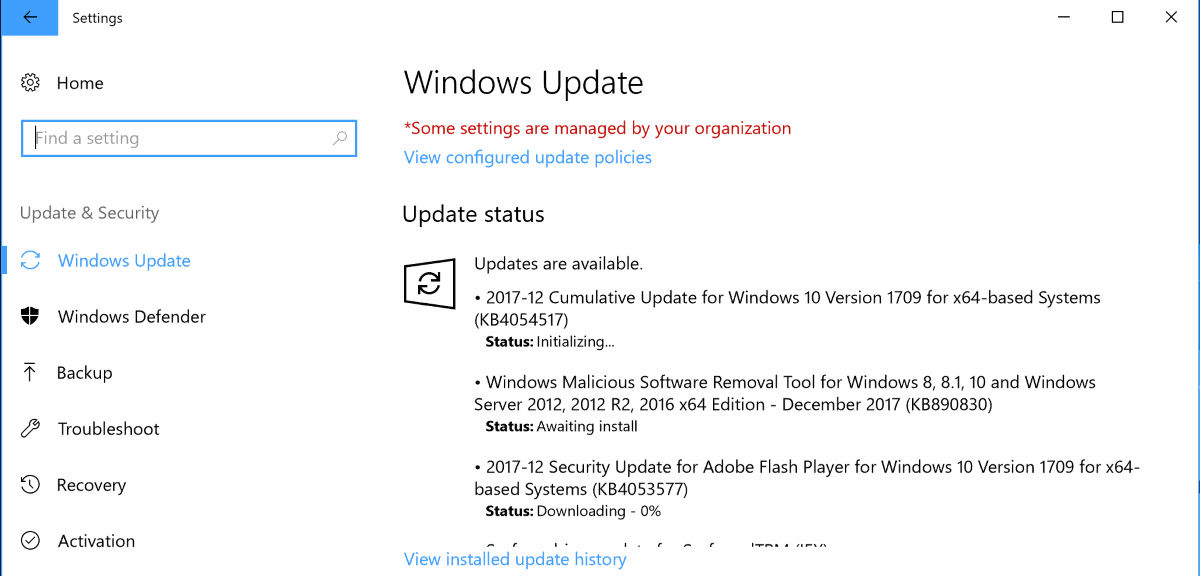


Moreover, different forms of information processing biases may work reciprocally or additively to maintain anxiety ( Hirsch, Clark, & Mathews, 2006). For example, anxiety may prime individuals toward threatening perceptual representations that increase both attentional activation for threatening stimuli as well as negative evaluation of an ambiguous situation ( Mathews, Mackintosh, & Fulcher, 1997). From a theoretical perspective, the different types of information processing biases in anxiety may share a common mechanism ( Williams, Watts, MacLeod, & Mathews, 1997). Indeed, research has demonstrated that individuals with social anxiety demonstrate biases in interpretation, attention, and imagery when compared to non-anxious individuals ( Hirsch & Clark, 2004 for a review). These biases maintain anxiety in social situations in part by influencing judgments about environmental cues ( Clark & Wells, 1995 Rapee & Heimberg, 1997). These results are consistent with the hypothesis that information processing biases in anxious individuals may share a common mechanism that may contribute to the maintenance of anxiety.Īccording to cognitive models of social phobia (SP), socially anxious individuals are characterized by biases in information processing. Results revealed that individuals in the IMP group demonstrated greater ability to disengage attention from threat stimuli after completing the program, while individuals in the ICC did not.


Participants were randomly assigned to either an Interpretation Modification Program (IMP) that guided them to make benign interpretations of ambiguous social scenarios or an Interpretation Control Condition (ICC) that did not guide participants' interpretation in either direction. In the current study, we examined effectiveness of an interpretation modification program in changing attention biases in socially anxious individuals. Research suggests that individuals with social anxiety interpret ambiguous social information negatively (e.g., Amir, Foa, & Coles, 1998) and that much negative interpretation bias may share a common mechanism with other information processing biases (e.g., Mathews, Mackintosh, & Fulcher, 1997).


 0 kommentar(er)
0 kommentar(er)
